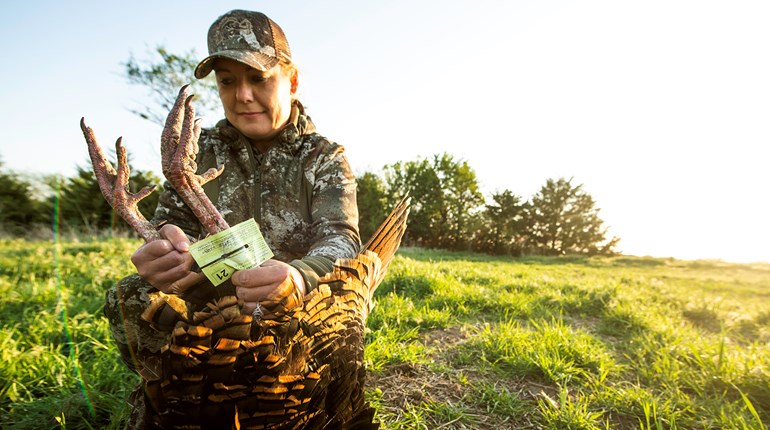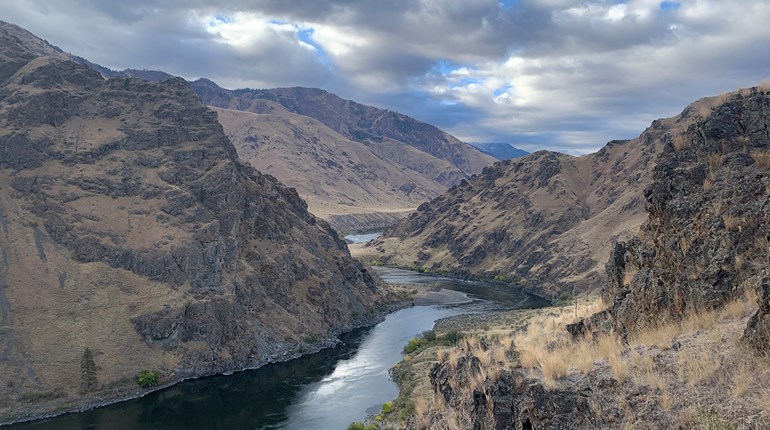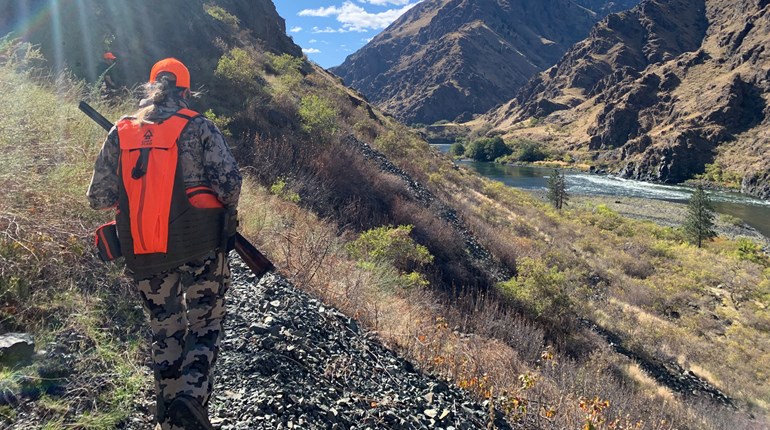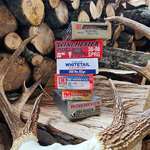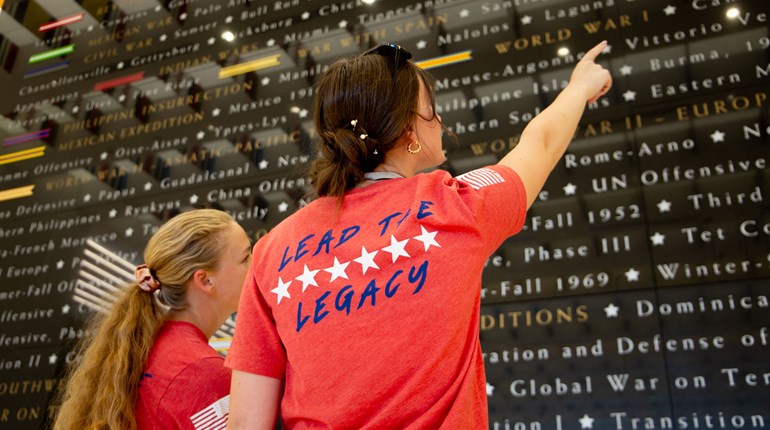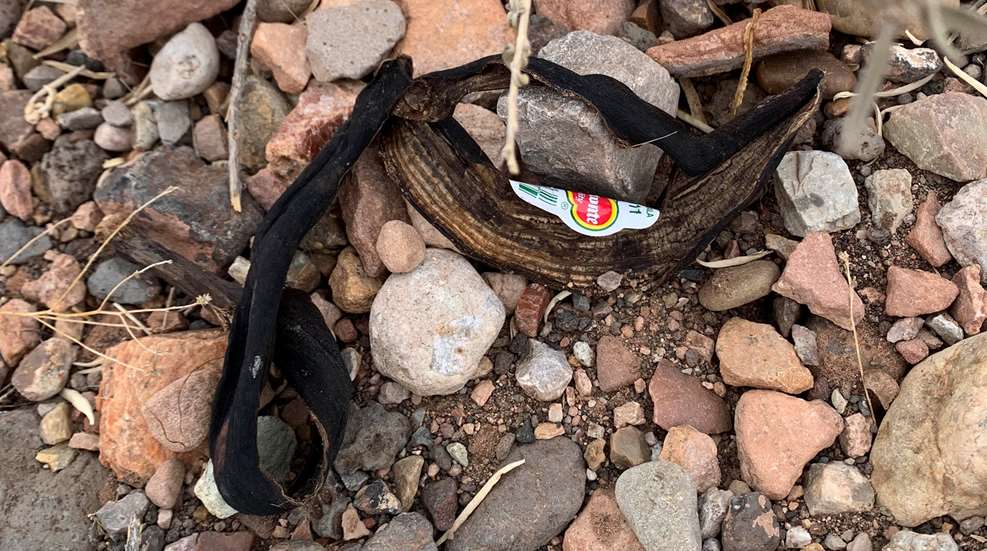
While walking up the steep switchbacks that lead to Zion Canyon National Park’s most famous hike, Angel’s Landing, my hiking companion peeled a perfectly ripe clementine. She stuffed the peel in her pocket and started to savor the sweet and sour fruit. Passersby even commented that the snack smelled amazing. She looked at me nervously and said, “I hope people don’t think that I left those orange peels back there.”
If you’re an avid hiker you’ve probably been forced to follow a trail of orange peels to the peak or skirted a rotting banana peel. My friend was embarrassed at the mere thought of strangers thinking she could have been the one to abandon orange peels on the side of a trail. While you might think, “How could someone be so lazy and inconsiderate?” (I sure do), it might be an unfair judgement. Some biodegradable litterbugs justify their habits by saying that the food will eventually decompose or an animal will eat it. However, these excuses are not sufficient and partly false.
The above photo is a truly brilliant example of littering (yes, biodegradable litter is still litter.): a banana peel discarded in the Painted Desert of Arizona … with the peel’s sticker. First of all, this banana was grown in either Costa Rica, Guatemala or the Philippines. Safe to say it is not a natural part of any Arizona wildlife’s diet. Just as humans do not eat banana peels, most animals won’t either. As you can see, this banana is rotting, proving that no animals were interested enough to eat it.
If an animal had eaten it, it could have made them sick (especially the sticker). Or it could have caused the animal to return looking for more food. When animals are fed or consistently find food in an area, they will come back for seconds. This attracts animals to a populated area where a number of bad things can happen. Animals such as bobcats or coyotes could hurt a person and be killed or relocated for it. Mice or skunks could infect people with diseases. Or the animals could get sick and die from eating strange, unhealthy or rotting food … along with a sticker, a wrapper or other fragrant trash nearby.
But the banana is rotting. It’s on its way to decomposition, so what’s the big deal, right? A banana peel can take two years to decompose in even ideal circumstances, which a windy, cold desert is not. An apple core can take two months and an orange peel can take six months. A pistachio shell will stick around for three years. While biodegradable waste does decompose much faster than plastic, foil or other materials, it doesn’t disappear overnight.
So, we are left with a rotting banana peel with a piece of adhesive plastic to boot. Not only is it an eyesore and a nuisance to respectful visitors attempting to enjoy nature, it’s illegal. Littering anywhere, especially inside a National Park is against the law. While littering has different penalties in every state, it is illegal to throw anything out of your car window everywhere. If you throw a piece of biodegradable litter out of a car window it will also attract animals to the roadway where they could get hit by cars.
In summation, biodegradable litter is unsafe for animals and people as well as disrespectful. It’s not OK to dispose of food or other compostable waste near roadways, on hiking trails, in parks or anywhere that isn’t a trash can or compost bin. When recreating in nature, it is always best to pack out what you pack in. Outdoor areas might not have trash cans or they could be full, so take responsibility for your own waste and Leave No Trace.












